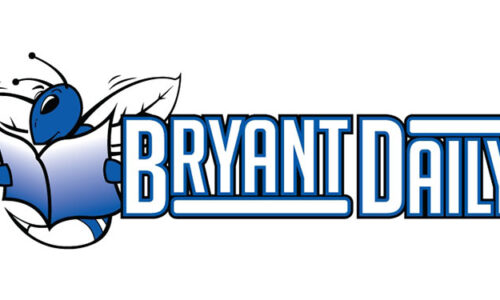By Martin Couch
Presently cities throughout Arkansas aren't getting accurate information on[more] individually taxed entities.
"We are unable to determine how much of our tax revenue comes from any particular entity," Bryant mayor Jill Dabbs said. "It is difficult to plan revenue 'what ifs' without better and more detailed information."
Bryant is one of many cities supporting a sliding scale for the amount of money the state charges for collecting and processing local sales tax.
Currently, the state gains three percent of all Bryant's sales taxes collected.
"This is burdensome on the smaller cities especially, and it is not possible that it costs the state three percent in administrative costs," Dabbs said. "These are tax dollars generated for the purpose of meeting the basic needs of operating a city and they will be better spent if they remain with the city."
The Bryant City Council passed a resolution for legislation on this issue.
"It's an effort to clearly communicate within the state legislator what our needs are and how they can better help meet those needs," Dabbs said. "Using a resolution in this manner can be a very effective tool for representing the voice of local constituents to the state and federal level."
Dabbs hopes that other cities will follow suit.
"I hope all cities will engage more in this type of governing and really help our state and federal legislators to do a better job," she said. "Government is always better when it is engaged and listening to the people it serves."


